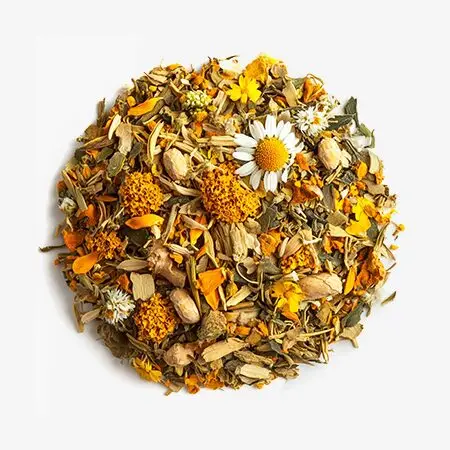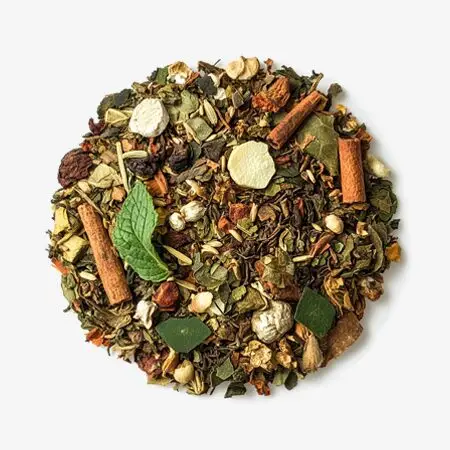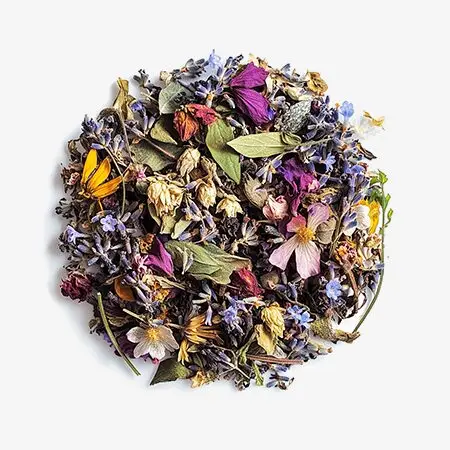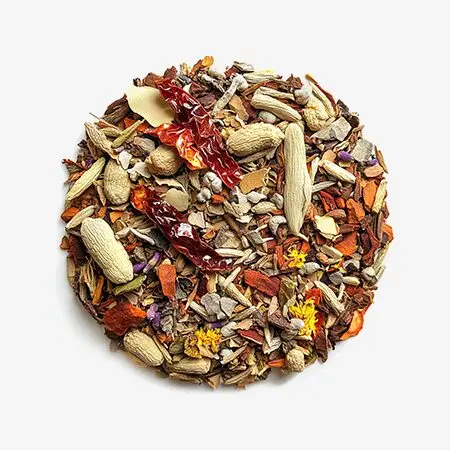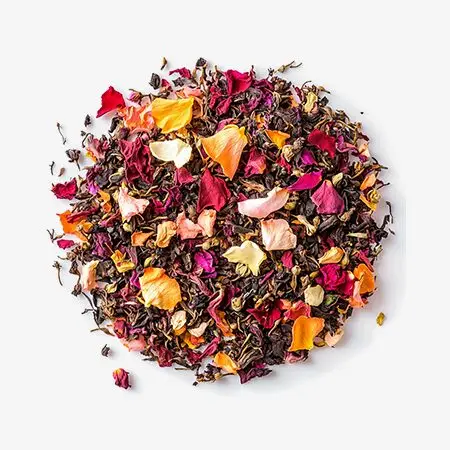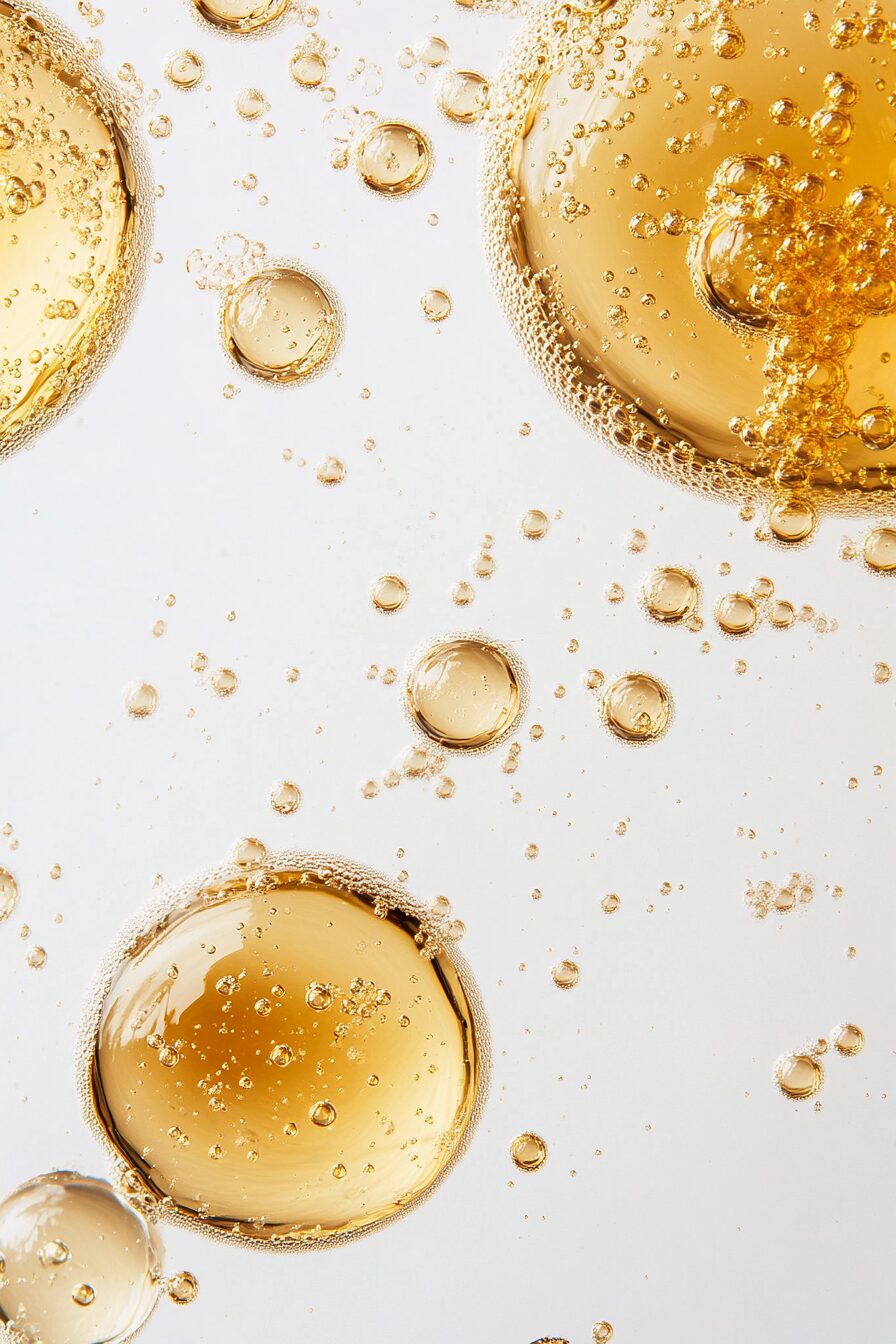
ASTRAGALUS and the science of LONGEVITY

Astragalus: The Ancient Herb with Modern Science Behind Longevity and Anti-Aging
Astragalus (Astragalus membranaceus), a staple in Traditional Chinese Medicine (TCM) for thousands of years, is celebrated for its ability to enhance vitality, boost the immune system, and combat the effects of aging. Recent scientific research has begun to uncover the mechanisms behind these benefits, placing Astragalus at the forefront of anti-aging and longevity studies. In particular, its effects on epigenetics, telomeres, and DNA repair are garnering significant attention.
The Science of Aging: Epigenetics and Telomeres
Aging is a complex biological process influenced by various factors, including genetic and environmental elements. Among these, the shortening of telomeres—a key marker of cellular aging—has become a focal point of research. Telomeres are protective caps at the ends of chromosomes that prevent the deterioration of genetic information during cell division. As we age, these telomeres gradually shorten, leading to cellular senescence (aging) and eventual cell death.
Epigenetics, the study of how genes are regulated and expressed without altering the underlying DNA sequence, plays a crucial role in aging. Epigenetic changes can activate or silence genes involved in aging processes, influencing everything from skin health to susceptibility to age-related diseases.
Astragalus and Telomere Health
Astragalus contains active compounds known as cycloastragenols and astragalosides, which have shown potential in supporting telomere health. Cycloastragenol, in particular, has been studied for its ability to activate telomerase, an enzyme that adds protective nucleotide sequences to the ends of telomeres, effectively delaying their shortening .
In a study published in the journal Rejuvenation Research, researchers found that cycloastragenol could significantly increase telomerase activity, suggesting a potential for slowing down cellular aging . This could have profound implications for longevity, as telomerase activation may help maintain healthier cells for longer periods, reducing the risk of age-related diseases.
Astragalus and DNA Repair
Beyond its effects on telomeres, Astragalus also plays a role in DNA repair. DNA damage accumulates over time due to environmental factors such as UV radiation, pollution, and even metabolic processes within the body. This damage is a major contributor to aging and the development of chronic diseases.
Astragalus has been found to enhance the body’s natural DNA repair mechanisms. In a study published in Molecular Medicine Reports, Astragalus extract demonstrated protective effects against oxidative stress and DNA damage in human lymphocytes, suggesting it could help maintain genomic stability . This ability to protect and repair DNA further underscores Astragalus’s potential as an anti-aging herb.
Traditional Benefits of Astragalus
While modern science focuses on the molecular and genetic aspects of Astragalus, its traditional uses provide a broader context for its benefits. In TCM, Astragalus is often used to:
- Boost Immune Function: Astragalus is considered an adaptogen, helping the body resist physical, emotional, or environmental stressors. It’s traditionally used to strengthen the immune system, ward off colds, and reduce inflammation .
- Enhance Energy and Vitality: Known as “Huang Qi” in TCM, Astragalus is revered for its ability to improve energy (Qi), particularly in those who are fatigued or recovering from illness. This aligns with modern findings of its potential to improve mitochondrial function, the energy powerhouses of our cells .
- Promote Cardiovascular Health: Astragalus has been used traditionally to support heart health, a benefit now supported by studies showing its ability to improve circulation and reduce blood pressure .
Incorporating Astragalus into Your Wellness Routine
Given its profound benefits, Astragalus can be a valuable addition to a wellness routine focused on anti-aging and longevity. It’s available in various forms, including teas, tinctures, and supplements. However, it’s important to consult with a healthcare provider before adding any new herb to your regimen, especially if you are pregnant, breastfeeding, or taking other medications.
Conclusion
Astragalus stands at the intersection of ancient wisdom and modern science. Its ability to support telomere health, enhance DNA repair, and boost overall vitality makes it a powerful ally in the pursuit of longevity and healthy aging. As research continues to uncover the mechanisms behind these effects, Astragalus is poised to remain a cornerstone of both traditional and modern approaches to wellness.
Sources:
- Xue, Z., & Zhang, W. (2015). The Role of Astragalus in Telomere Protection: A Review. Rejuvenation Research. DOI: 10.1089/rej.2014.1607
- Chen, H., Liu, P., Liu, M., & Du, L. (2017). Cycloastragenol: A Potential Natural Compound for Telomere Activation and Aging-Related Diseases. Molecular Medicine Reports. DOI: 10.3892/mmr.2017.6268
- Wu, Q., Yang, X., & Zhang, Q. (2016). Protective Effects of Astragalus on Oxidative Stress-Induced DNA Damage in Human Lymphocytes. Molecular Medicine Reports. DOI: 10.3892/mmr.2016.5693
- Shen, P., Liu, M., & Liang, J. (2012). Traditional Uses of Astragalus Membranaceus in Chinese Medicine: Past and Present. Journal of Ethnopharmacology. DOI: 10.1016/j.jep.2012.01.019
- Zhang, L., Yang, X., & Chen, H. (2018). Cardiovascular Benefits of Astragalus in Clinical Studies. Journal of Cardiovascular Pharmacology. DOI: 10.1097/FJC.0000000000000543
Subscribe To Our Weekly Newsletter
Share:
Related Posts

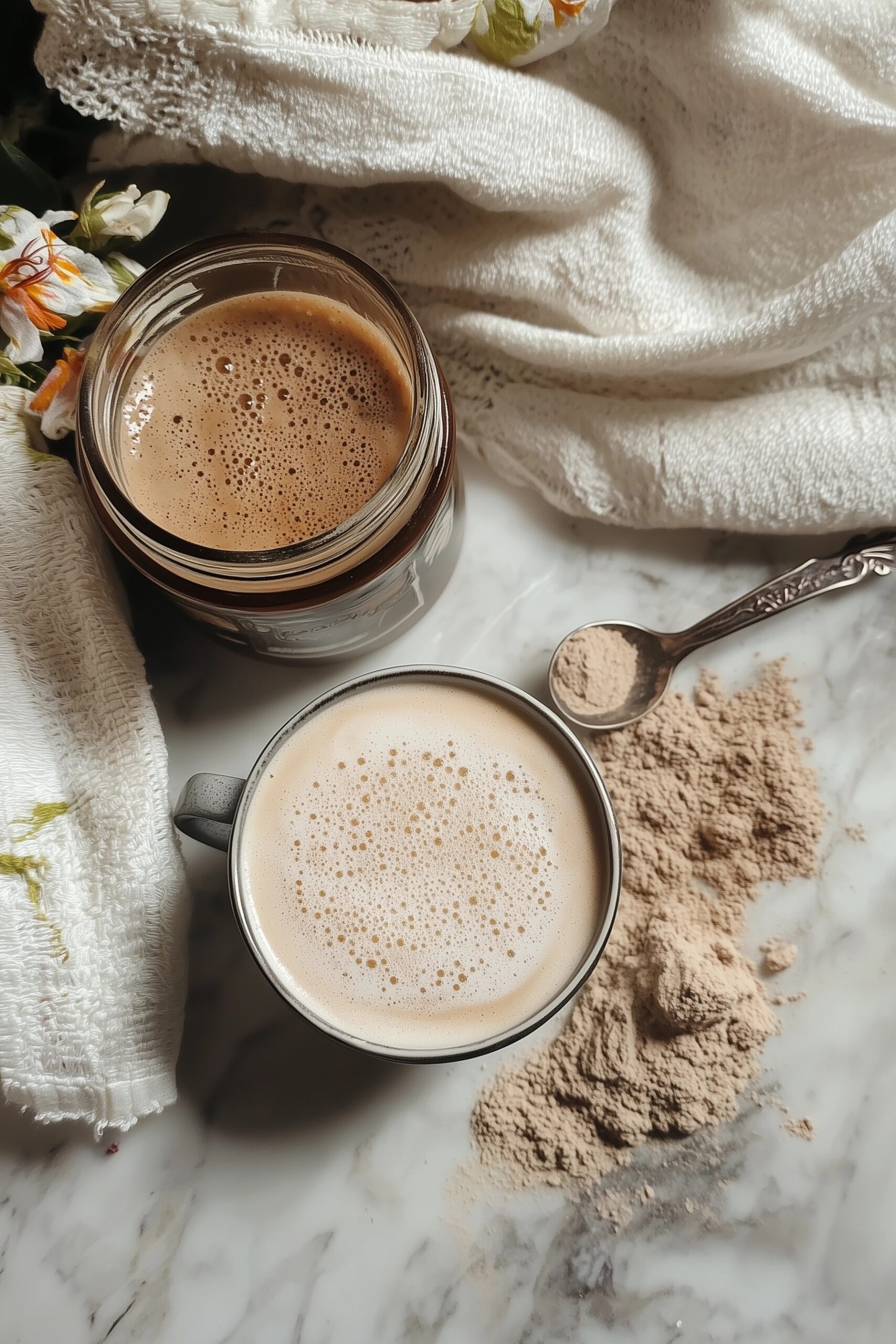
a NOURISHING alternative to COFFEE

BIOENERGETIC Hygiene

